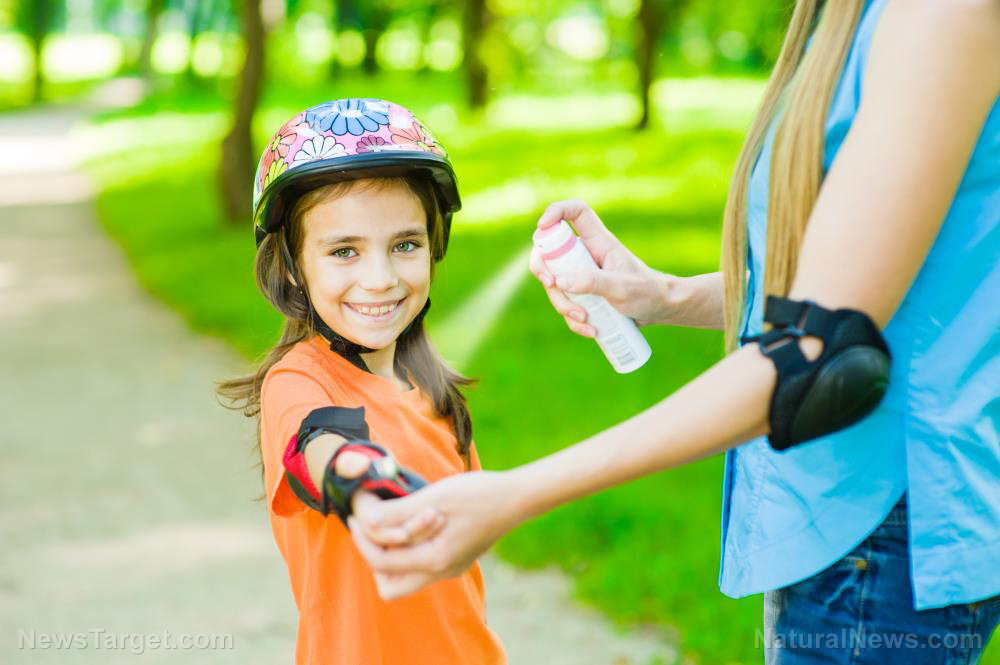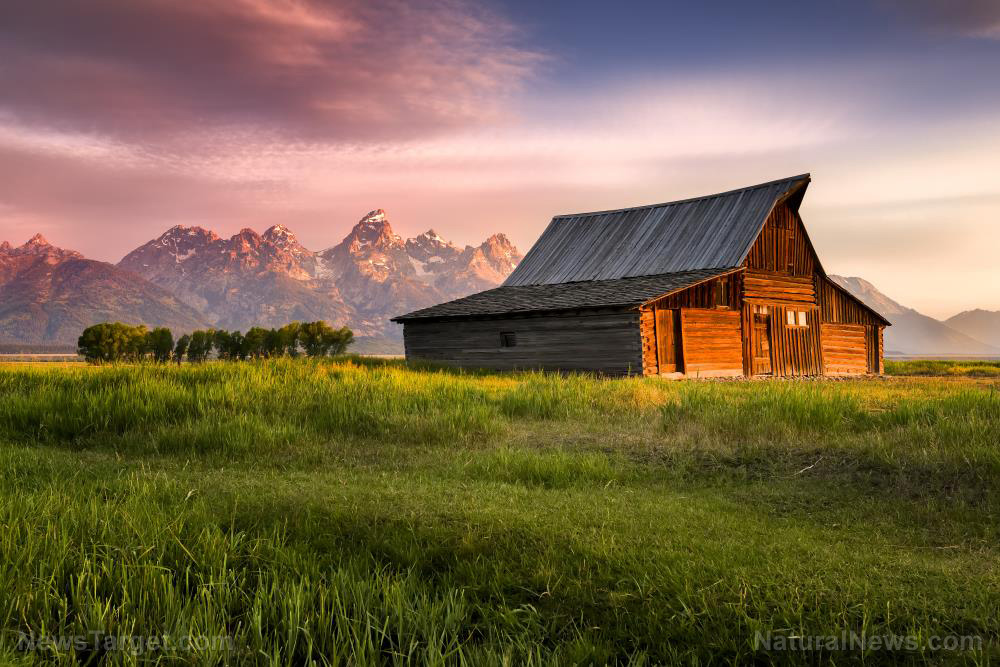
Deciding what to include in a BOB
To keep things simple, focus on basic needs like food, water, shelter (temperature control), and security. Work your way down from these needs to the specifics, like survival food, potable water, a tarp or tent, and your self-defense weapon of choice.
You can also follow a minimal approach to keep your BOB light and portable. Always bring equipment that you can use to find or make items you may need, like a multi-purpose tool or a sharp knife.
Here are some suggestions to consider when packing a BOB.
- A bandanna – A bandanna is a versatile piece of fabric, and you can use it for various survival purposes such as cordage, a makeshift sling, or even a coarse water filtration device. Include at least two bandannas in your BOB.
- Bushcraft knife – A sturdy bushcraft knife is a must in your BOB. It can be used to chop wood, prepare food, or for self-defense. Get a knife that fits your hand well, and don't forget to purchase a quality sheath. You also turn a bush knife into a makeshift spear by tying it to a sturdy stick if you need a long-range weapon.
- Compass – Knowing how to use a compass and how to navigate a map might just save your life during a disaster scenario.
- Duct tape – In a pinch, duct tape can fix any rip or tear in your clothing or gear. Wrap a length of duct tape around a small stick or a pen, and get a brand that's high-quality so it won't fall apart when you need it most.
- First-Aid kit – With a First Aid kit, you can tend to minor or major medical injuries even if you're lost in the woods. Your kit needs two sections: one for small cuts and scratches and another for major injuries. For the minor stuff, you'll need antiseptics, Band-aids, blister and burn remedies, medications for common aches and ailments, prescription medication, and small gauze pads. For serious medical concerns, you'll need chest seals, hemostatic and regular gauze, medical tape, slings, painkillers (or make natural painkillers to avoid negative side effects), pressure dressings, and splints. Learn how to use each item in the kit and get some First Aid training.
- Flashlight/headlamp – With a portable light source, you can get around in the dark without tripping over obstacles. You can include a flashlight in your BOB, but if you prefer to have both hands free, get a headlamp instead. You'll also need spare batteries.
- Food – Food will help replenish your energy, especially if you're stressed or if you need to walk a long way when SHTF. Include high-calorie, stable foods in your BOB to keep your energy up. Get a small bowl and a cutlery set so you can eat wherever you spend the night. Your food choices include MREs or dehydrated camping meals that require a bit of hot water. You'll also need some snacks like beef jerky, dried fruit, energy bars, or trail mixes so you can eat on the go.
- Hygiene kit – Hygiene is still important even when SHTF. Stay clean to prevent infections and stop the spread of diseases. Include items like a toothbrush, toothpaste, soap, shampoo, deodorant, and feminine hygiene products in your kit.
- Lighter, matches, and tinder – With a lighter or some matches, you can start a fire so you can stay warm, boil water, and cook your food. Your chances of survival are better if you can start a fire using wood or flint, but play it safe by bringing along some matches, a lighter or two, and a Ferro rod. Don't forget to include tinder to get a fire going faster. You can buy accelerant bricks, or you can make your own tinder using cotton balls soaked in petroleum jelly. Another option is to make tinder by dipping cotton pads in some wax or fluffing up a tampon.
- Multi-tool – A multi-tool will complement a bushcraft knife. If you have a multi-tool, you'll have easy access to small saws or a handy pair of pliers. (Related: What’s in YOUR bug out bag? 10 must-have multipurpose survival tools.)
- Mylar/space blanket – A Mylar blanket is a crinkly, shiny piece of material that can keep you warm on cold nights. You can also use it as a reflector for a fire or a signaling device.
- Water – You don't want to weigh down your BOB, but you need to pack enough water so you can stay hydrated until you find a clean water source. Include at least two liters of water in your BOB.
There's no need to feel overwhelmed when packing a BOB. Consult this article to narrow down your list, and include items that you think can improve your chances of surviving when SHTF.
You can read more articles about other items that you may need in your BOB at Gear.news.
Sources include:
Please contact us for more information.























